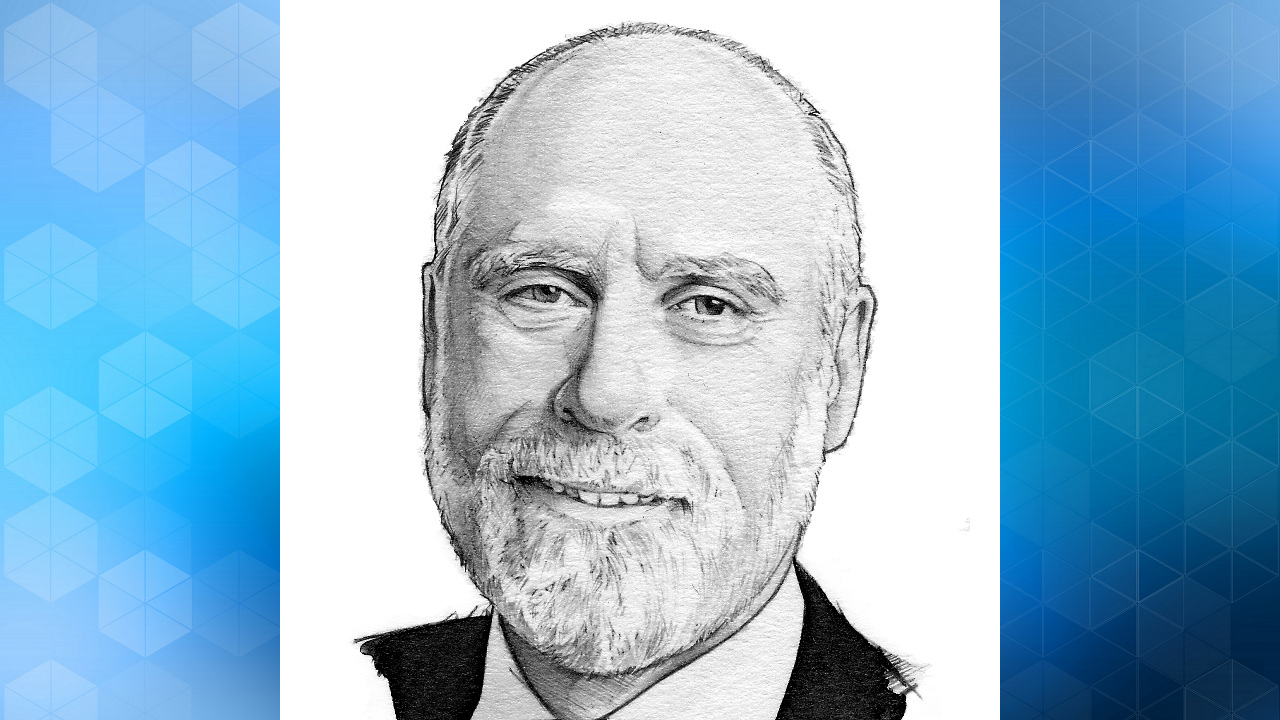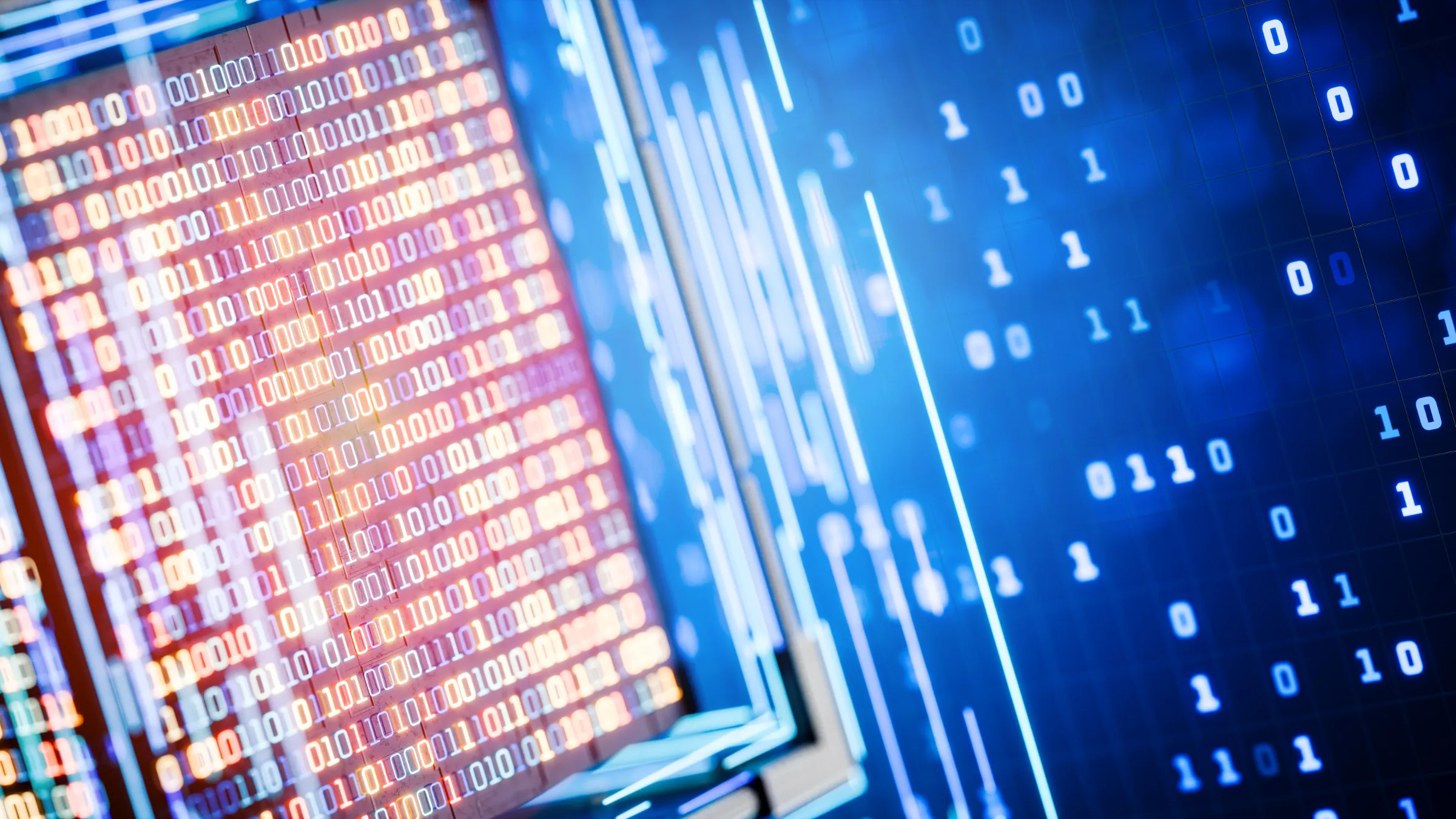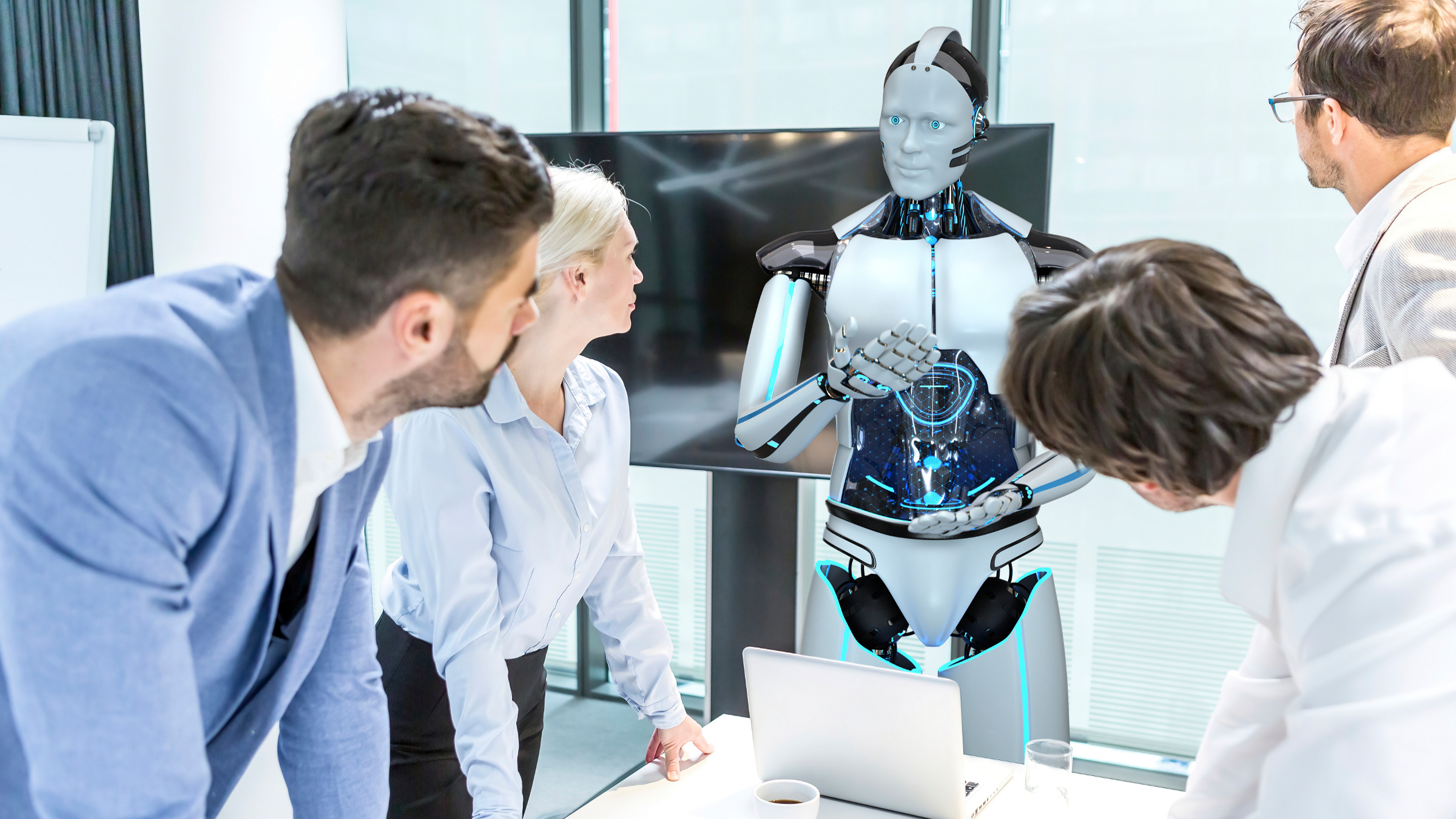I recently had the opportunity to participate in a two-day discussion on expert testimony, sponsored by the U.S. National Academy of Science and the U.K. Royal Society. By remarkably good fortune, I am a member of both. The primary topic of discussion was “science in the interests of justice.” In a world in which computers, computing, information technology, data science and computational-X—for all values of X—is becoming the norm, expert testimony on the use and dependence on software artifacts is inescapably on the increase. If you accept that premise, then the role of ACM members, as professionals in the computing realm, makes them candidates for the provision of expert testimony in both criminal and civil judicial proceedings. In the case of the former, especially, accurate and factual testimony may make the vital difference between serving and miscarrying justice.
I learned many things at this event, but one thing really stood out for me. In the U.S. system of justice, experts are hired by each side (plaintiff and defense) to argue for their side. In the U.K., experts often advise the court rather than advocate for the plaintiff or the defense. U.S. judges dealing with highly technical testimony are often confronted with “dueling experts” and forced to try to make sense of and decide between conflicted testimony. In Scotland, I learned, it is more common that the expert is brought in an advisory position. In fact, the experts are allowed to participate in pre-trial discussions to inform the court of relevant factual information drawn from the expert’s knowledge and experience.
I learned that some U.S. court judges turn to experts to learn more about the subject matter. They do not discuss the specifics of the case but seek to gain appreciation for the technical aspects of the case. One might imagine getting a tutorial on DNA matching, software vulnerabilities, misinformation in social media, hallucinating chatbots, and methods of verifying the correct operation of software applications. The whole idea is to gain an acquaintance with technology and vocabulary, partly to avoid being confused or misled by jargon or worse.
I confess that the Scottish practice greatly appealed to me, especially given the desire that expertise should lead to justice-serving outcomes. It is not clear, however, whether such a practice could be instantiated in the U.S. where litigation is common, and experts are brought in by both sides to try to persuade the judge or jury of the merits of each side’s arguments. In highly technical cases, it seems unlikely that judge or jury will have specific expertise to evaluate competing testimony. Hence, a practice that allows the court to draw on its own experts seems attractive. In the adversarial format, it is not unknown for one side to attack the other side’s experts, not on the merits, but by eroding the credibility of the expert witness. “So, Mr. Expert, when did you stop faking the data in your published papers?”
It occurred to me that ACM could be an ideal source of experts who could be called upon, not to advocate for a point of view but to inform the courts of factual information that would allow the evaluation of evidence for accuracy and credibility. I imagine this is not the first time such an idea has surfaced. Perhaps readers will have experience in this space and would share their opinions on best practices in the interest of justice.




Join the Discussion (0)
Become a Member or Sign In to Post a Comment